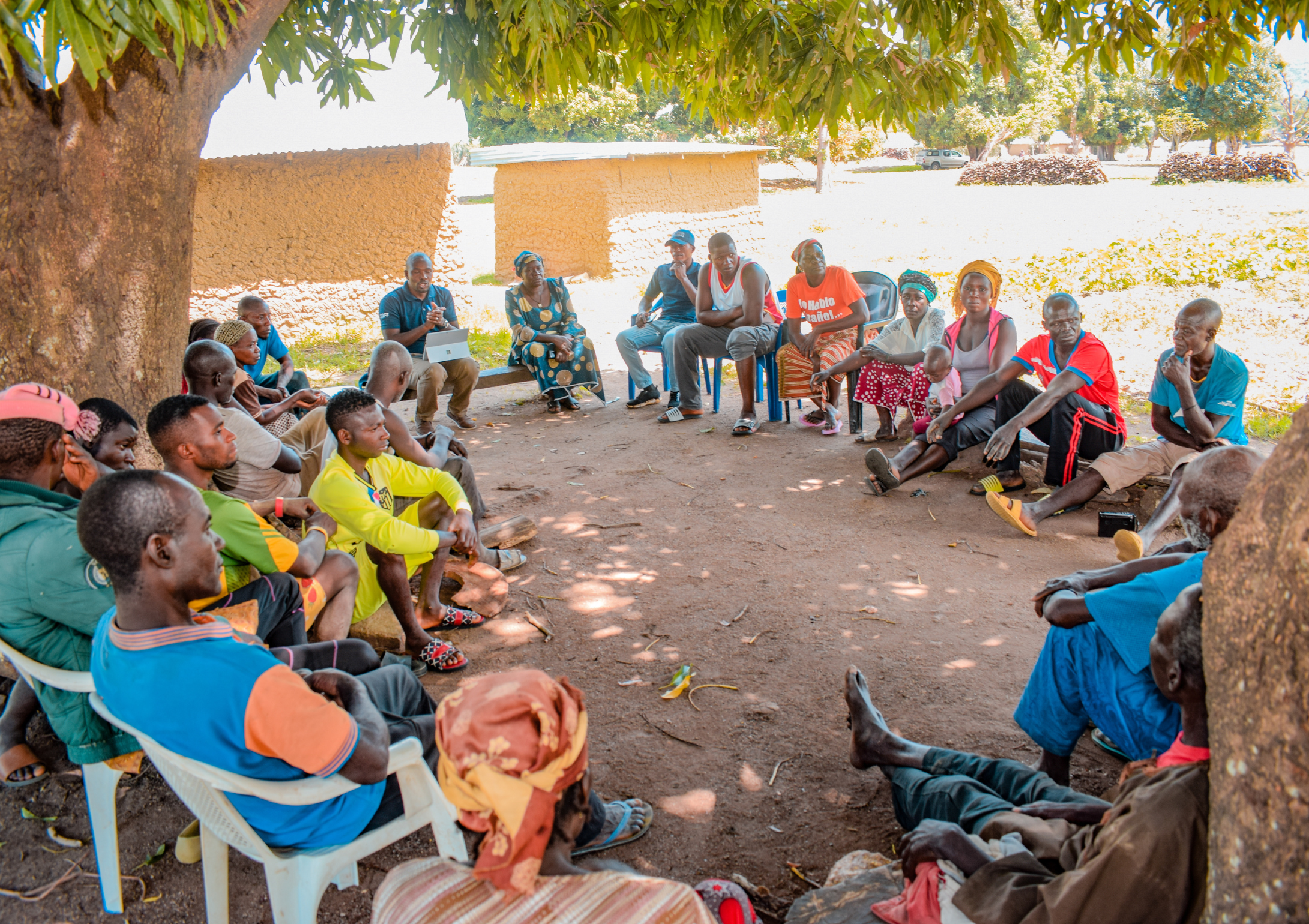For years, Dutsinma Local Government Area in Katsina State, Nigeria was plagued by banditry. Residents lived in constant fear, unable to sleep at night, as violent extremist groups launched repeated attacks, displacing families and destabilising daily life.
“After locking my doors, I still couldn’t sleep. Banditry sent hundreds to early graves and left many others traumatised,” recalled a local resident.
To respond to this escalating crisis, ActionAid Nigeria (AAN) introduced a community policing model that placed security back in the hands of the people. Through this approach, trained local volunteers worked alongside police officers, bridging the gap between communities and formal security actors.
With support from local authorities and security agencies, the initiative distributed 166 walkie-talkies and established 37 strategically located security units. Importantly, the model fostered collaboration and mutual respect between the police and community leaders.
“I came to understand the power of community-led security,” said one local leader. “The police welcomed us, and we now work as partners.”
The results were immediate and powerful. Bandit attacks dropped significantly, several raids were successfully repelled, and residents regained their sense of safety and control. Trust in local security structures grew, and other communities began replicating the approach. This locally led security initiative demonstrates the core principles of preventing violent extremism (PVE):
- Strengthening trust between citizens and the state, disrupting the narratives exploited by violent extremist groups;
- Reducing community vulnerability by addressing fear, isolation, and the breakdown of local cohesion;
- Promoting active civic engagement, turning passive fear into collective action.
What was once a community paralysed by violence is now a beacon of how community ownership and coordinated action can build long-term security and resilience.
